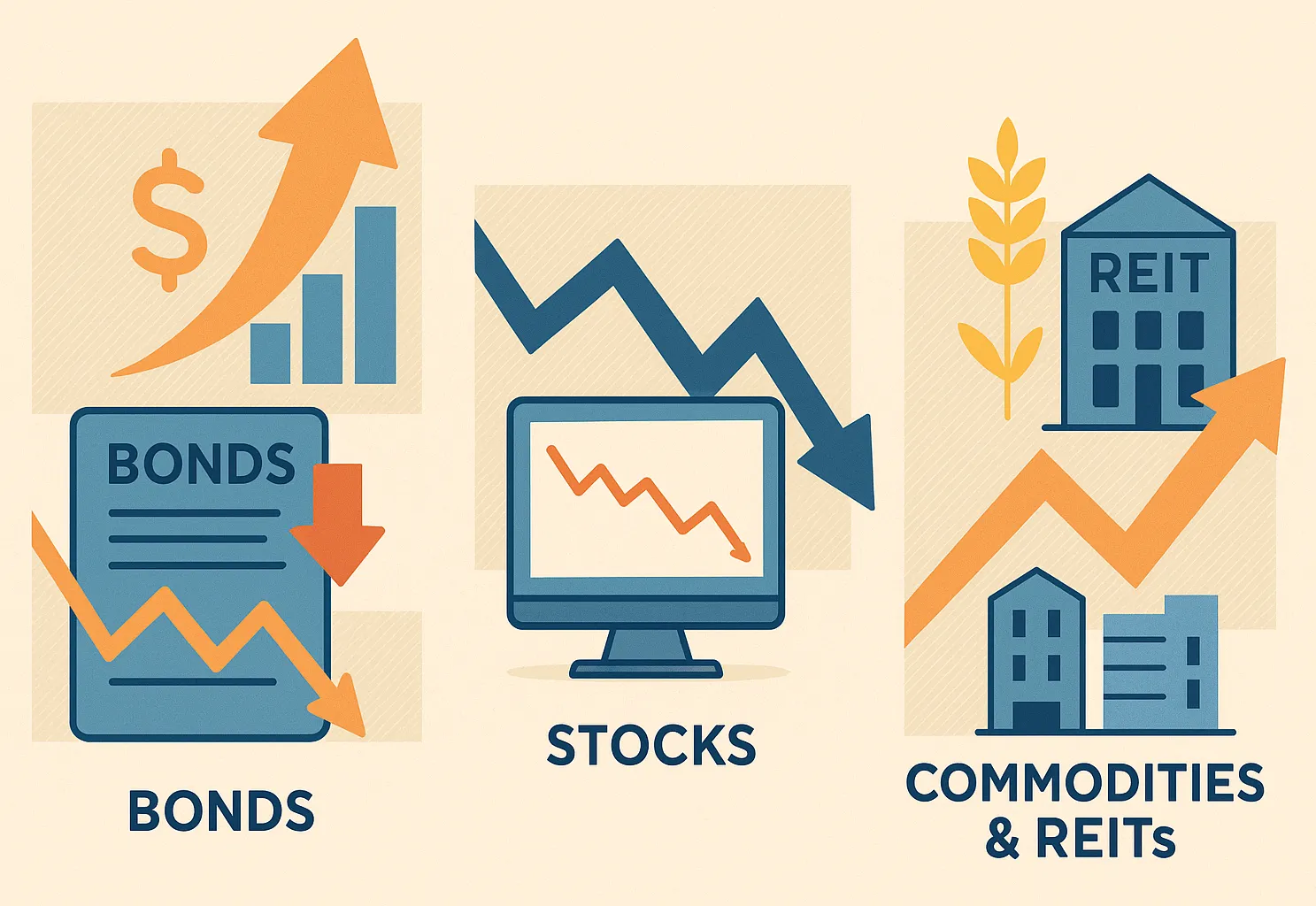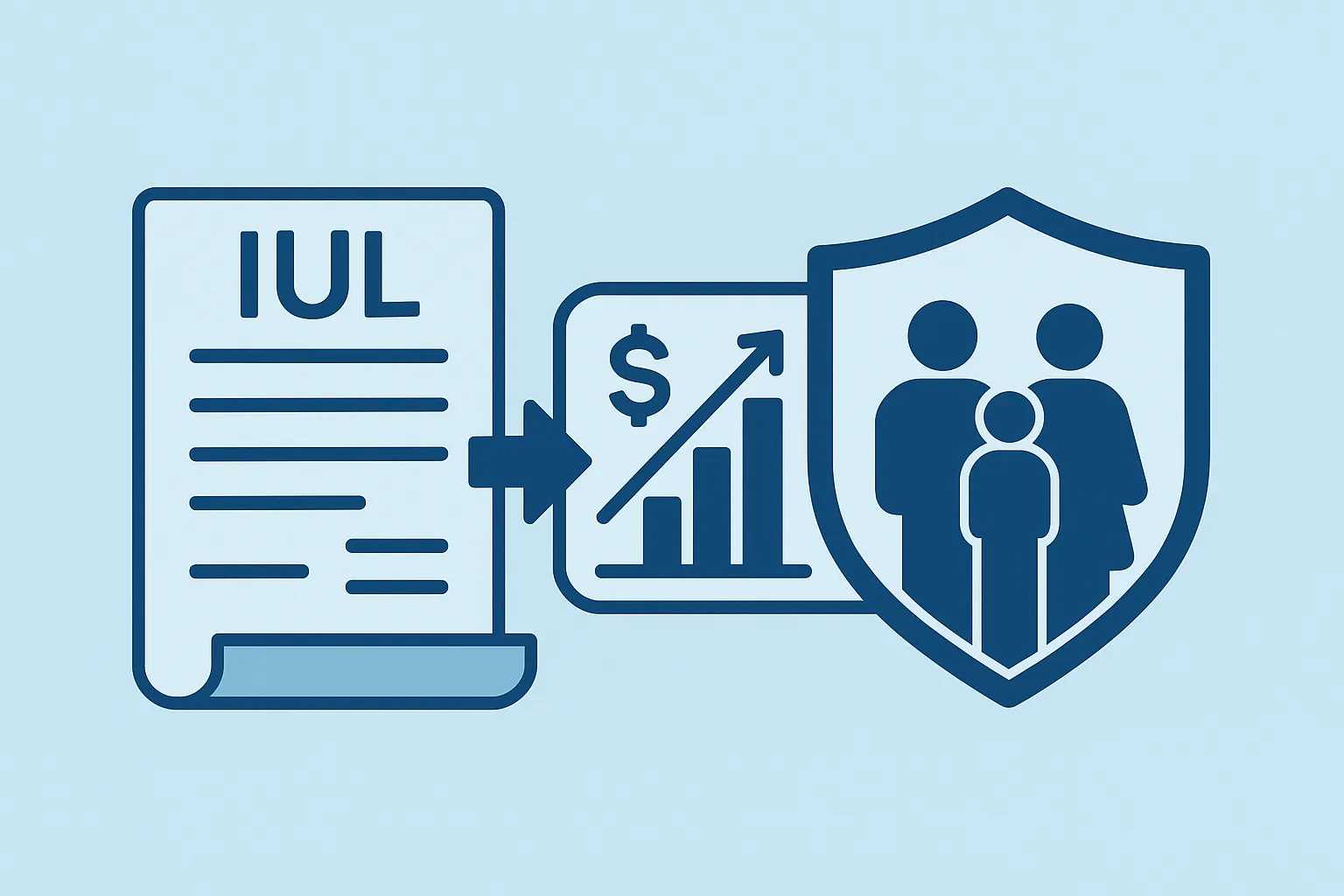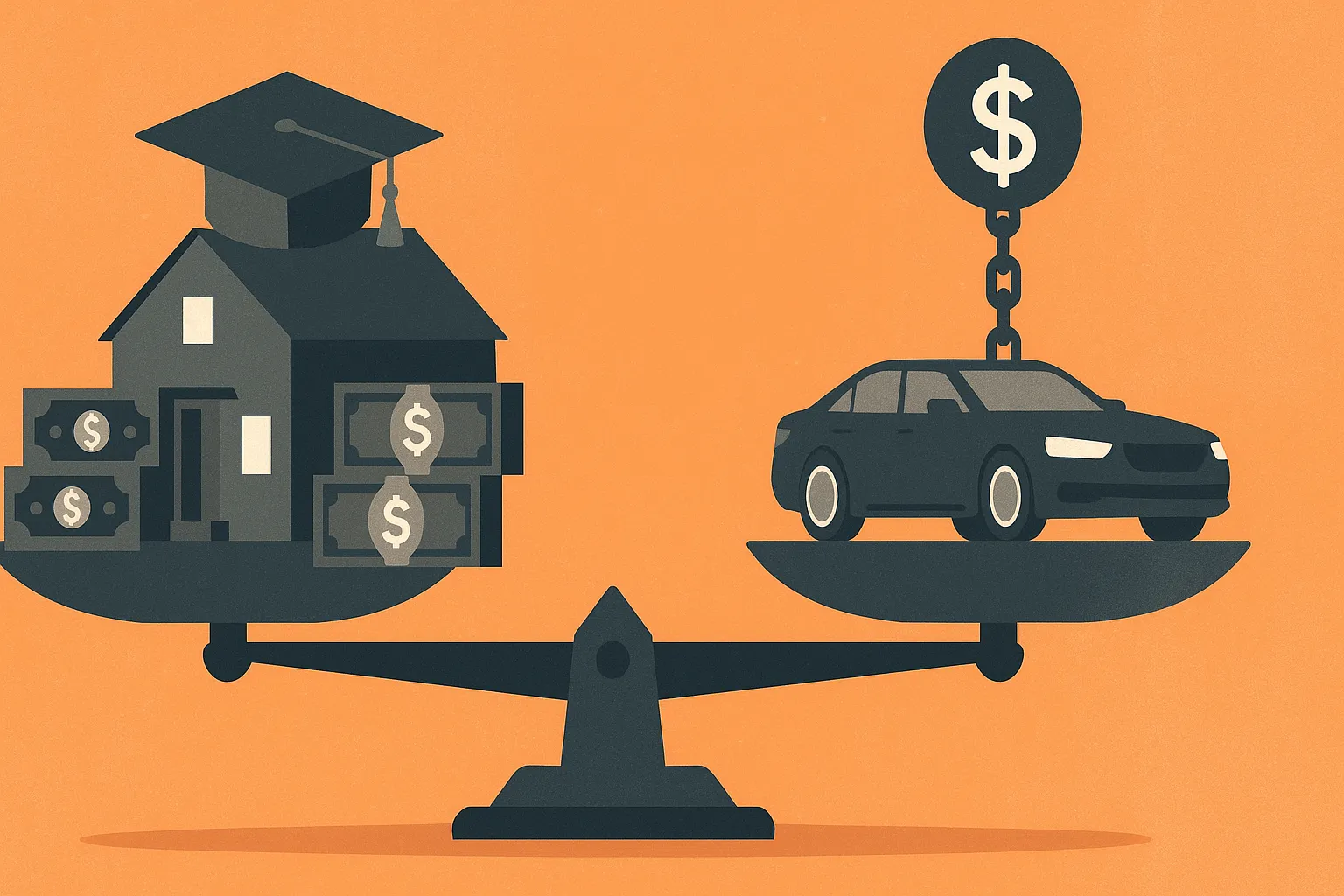Charged Off as Bad Debt: What It Means for You

Seeing the term "charged off as bad debt" on your credit report can feel like a punch to the gut. You might be asking yourself, “Am I off the hook?” or “What do I do now?” Don’t worry—you’re not alone, and there’s a path forward. Let’s break it down step by step so you can tackle this head-on and take back control of your finances.
Key Takeaways
- A charge-off occurs when a creditor deems a debt uncollectible after months of missed payments.
- Even after a debt is charged off, you’re still legally obligated to pay it.
- Charge-offs can significantly impact your credit score and remain on your credit report for up to seven years.
- Understanding your options can help you navigate this challenging situation effectively.
What Does "Charged Off as Bad Debt" Mean?
When a debt is labeled as "charged off," it means the creditor has written it off as a financial loss. This typically happens after you’ve missed payments for six months or more. Instead of continuing to list the unpaid amount as an account receivable, the creditor moves it to their bad debt expense.
Does This Mean the Debt Is Forgiven?
No. A charge-off is an accounting action—it doesn’t cancel your obligation to repay the debt. The creditor can still try to collect the amount owed, or they might sell it to a collections agency.
How Does a Charge-Off Affect You?
A charge-off can definitely shake things up when it comes to your finances and credit score. Here’s what you need to know, including how state laws and credit scoring models factor in.
1. Credit Score Impact
Charge-offs are one of the most damaging marks on your credit report. They not only signal to lenders that you’ve failed to meet financial obligations but also heavily impact your credit score calculation. For example, payment history makes up about 35% of your score, and a charge-off is treated as a severe delinquency in that category.
2. Collection Activities
Once a debt is charged off, the creditor might:
- Continue their own collection efforts.
- Transfer the debt to a third-party collection agency.
- Initiate legal action to recover the money.
3. Credit Report Duration
Charge-offs remain on your credit report for seven years from the date of the first missed payment. During this time, it will negatively impact your credit score.
What Can You Do About a Charge-Off?
If you find yourself facing a charge-off, there are steps you can take to minimize the damage:
1. Verify the Debt: Request a detailed account statement to ensure the debt is accurate. Mistakes can happen, and you have the right to dispute errors under the Fair Credit Reporting Act (FCRA). Additionally, check the statute of limitations in your state to see if the debt is still legally collectible. Each state has its own timeline, ranging from three to ten years.
2. Negotiate a Settlement: Many creditors or collection agencies are willing to settle for less than the full amount. For example, they might agree to accept $3,000 on a $5,000 debt in exchange for marking the account as "settled."
3. Pay in Full: If possible, paying off the entire balance can help repair your credit faster. Some creditors might even agree to remove the charge-off notation entirely, though this isn’t guaranteed.
4. Work with a Credit Counselor: Nonprofit credit counseling organizations can help you create a plan to address the debt and potentially negotiate with creditors on your behalf.
Common Mistakes to Avoid
- Ignoring the Charge-Off: Pretending the problem doesn’t exist can lead to legal action and further damage to your credit.
- Not Getting Agreements in Writing: Always get any settlement or payment agreement documented to avoid future disputes.
- Paying Without Negotiating: If you’re paying off a charge-off, try to negotiate terms that benefit you, like reduced amounts or removal from your credit report.
How optimized is your portfolio?
PortfolioPilot is used by over 30,000 individuals in the US & Canada to analyze their portfolios of over $30 billion1. Discover your portfolio score now:






